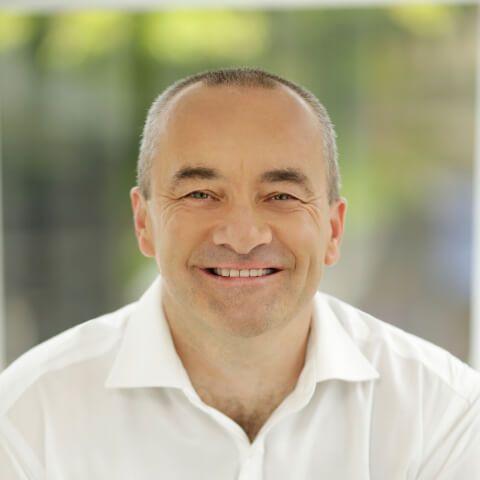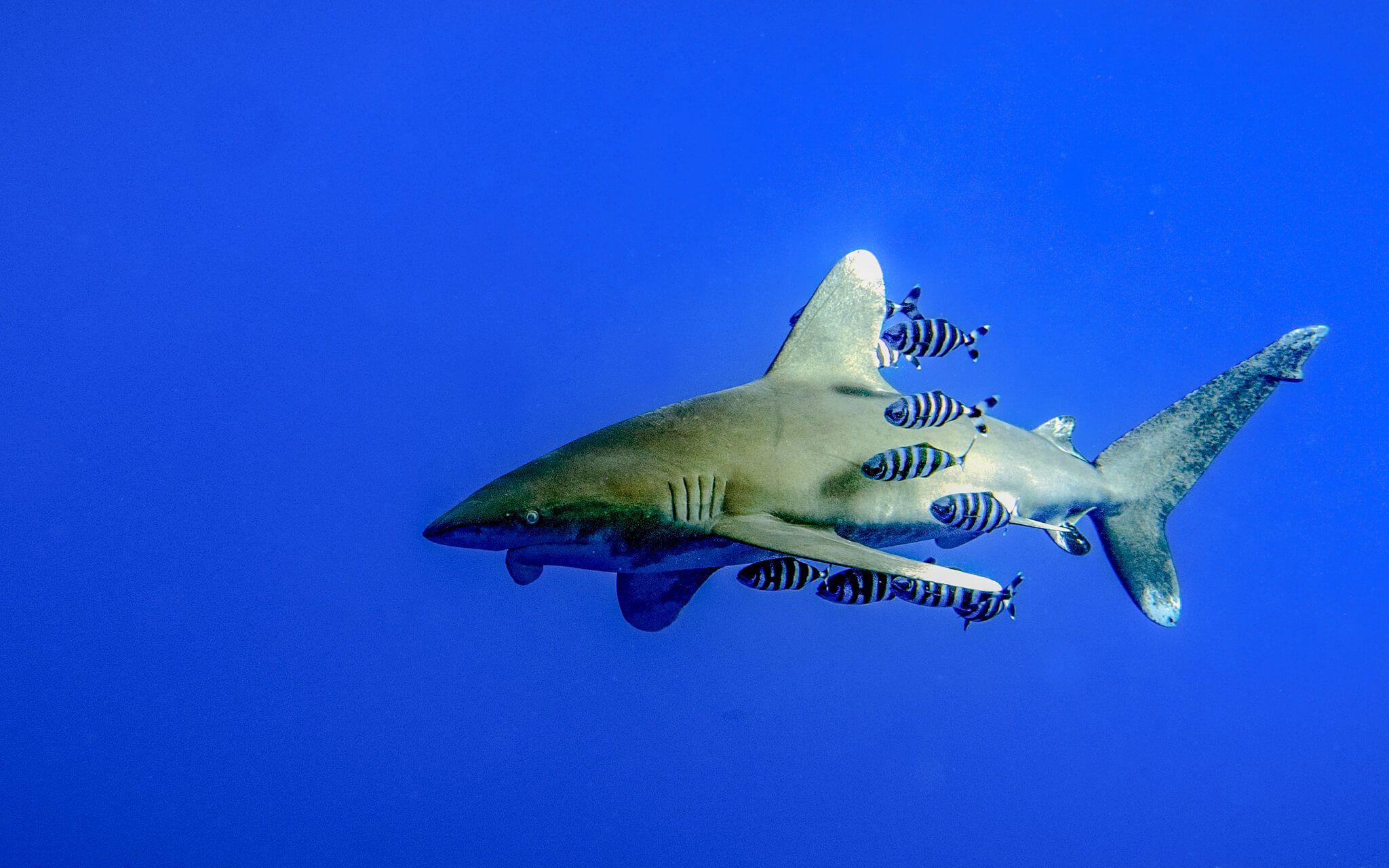What’s the Real Cost of Doing Business?
On his birthday, business leader and sustainable investor Andy Hill reflects on his journey to climate action, realising his purpose in the development of Planet Price, a climate impact tracker.
Today is my 57th birthday. An event that leads me to think about how my life has come full circle, bringing me back to an idea I once thought I had to leave behind. Nearly thirty-five years ago, I arrived in Australia as a bright-eyed backpacker from the UK and co-founded a software start-up. We were young and inexperienced and lacked networks or money. What could possibly go wrong?
Quite a lot, as it turned out. Over the next twenty years, we stumbled from one challenge to another, doggedly building a global supply chain analytics business. We worked with large international organisations, and I was fortunate to visit some of the most remote and pristine parts of the world. These awe-inspiring vistas led me to think about the issues of water pollution, carbon emissions during shipping, and the environmental impact of industrial supply chains. Initially, I focused on climate change, but I began to understand that climate change is just one of the sustainability challenges that we face – the canary in the coal mine and a harbinger of the future if we don’t change.
By 2008, the business was running smoothly, and I was ready to bring sustainability into our software. We began talking to our customers about extending our supply chain analytics platform to analyse environmental and societal dimensions. Then Wall Street intervened. The worldwide financial crisis unfolded, and suddenly, the embryonic interest in sustainability evaporated – cost reduction became the only focus. Like many CEOs, I also found myself developing survival plans in the face of the economic meltdown. It took the better part of a decade, but ultimately, the business flourished and was acquired by IBM Watson.
Now, I was free to pursue my calling in the sustainability world. To understand the topic better, I studied for a Masters of Sustainability Leadership at the Cambridge Institute of Sustainability Leadership. Throughout the experience, I encountered an inspiring cohort of people from around the world who all shared a strong desire to make a difference. The course content was rich and stimulating, and over time, it changed my worldview. Notions of economic realities that I had taken for granted no longer seemed certain as I learned more about the challenges facing us and the systems-thinking approach needed to solve them.
For my dissertation, I returned to the idea of sustainable supply chain analytics. Working with one of my previous global clients, I was able to build models that helped their procurement teams understand the environmental and societal impact of their operations. These models became the foundation of Planet Price – a platform that uses artificial intelligence and other methods to “calculate the real cost of everything”. The Planet Price algorithm calculates the cost of externalities such as greenhouse gasses, pollution, land transformation, water consumption and effect on human health. Planet Price then provides businesses with a single metric, expressed in monetary terms, that helps them to balance people, planet and profit.
So now my career is back to where it was in my early twenties – a second start-up and that same sense of adventure. I might not be young anymore, but we are better equipped with a global network and years of experience fueling us. Recently, a few members of the original team came back together, and we’ve been joined by another amazing co-founder. I am also thrilled that my whole family has helped with the effort, including my 22-year-old son, who has chosen to join the team full-time to continue working on the algorithm and AI models.
This time around, we better understand the path ahead and have a purpose that inspires us. Our mission is to use Planet Price as a lever for influence, allowing large supply chains to reduce their impact and promote more sustainable, circular industries. In this decade of action, our hope is that we can contribute to change, providing solutions so that future generations can continue to prosper.
Most Popular
The Climate Tribe delivers stories about Biodiversity and Conservation, Circular Economy, Food and Water , and how they intersect with climate.
Subscribe
Get the latest stories inspiring climate action around the globe straight to your inbox.






